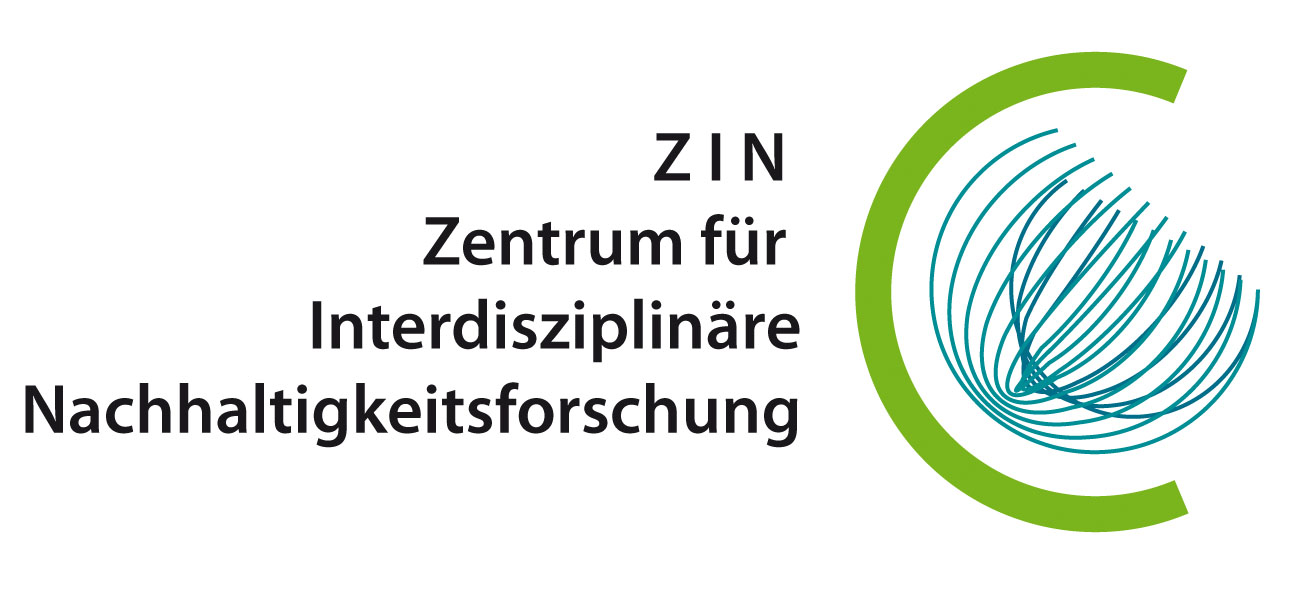„Hot or cool“? - Experts discuss ways to slow down global warming
The 1,5-degree goal counts among the most path-breaking and at the same time most challenging of the goals which were agreed upon in course of the UN-Climate Conference 2015. At first aiming at keeping the global increase of temperature under 2 degree compared with the pre-industrial level, they finally reinforced their objectives: The global average temperature shall not rise more than 1,5 degree compared to the pre-industrial level in the future. If this aim were to be reached, many negative consequences of the global warming, already noticeable today, could be stopped, at least in part.
How can the implementation of the 1,5-degree goal be realized? How does life look like in a 1,5-degree world? Precisely which political measures have to be taken to realize the 1,5-degree goal, which actors are obliged to act and how can influence be exerted on them? In order to discuss these questions renowned experts meet in course of the workshop “Hot or cool” on the 13th and 14th of March in Kopenhagen- both in person and virtually: With regard to the workshop topic and the high ecological costs of flying, the organizers made it possible for participants to join the workshop via videoconferencing technology.
Prof.’in Doris Fuchs, ZIN-spokeswoman, takes this opportunity and will join the discussion via Skype. Furthermore, she contributed to the workshop by writing an input paper, together with David Powell. Said paper, focusing on the main topics power and governance, shows that trying to implement the 1,5-degree goal brings about challenging questions: How do governments have to look like, in order to allow for the implementation of the 1,5-degree goal? How much influence can and should be granted to the civil society? Which actors and which structures block the necessary transformation to sustainability? Based on discussing these question, the workshop participants want to identify ways and strategies to achieve the 1,5-degree aim.

